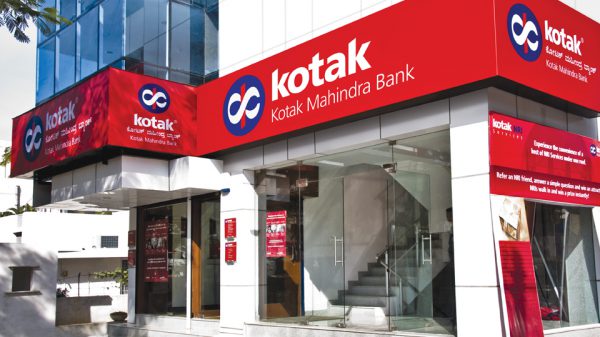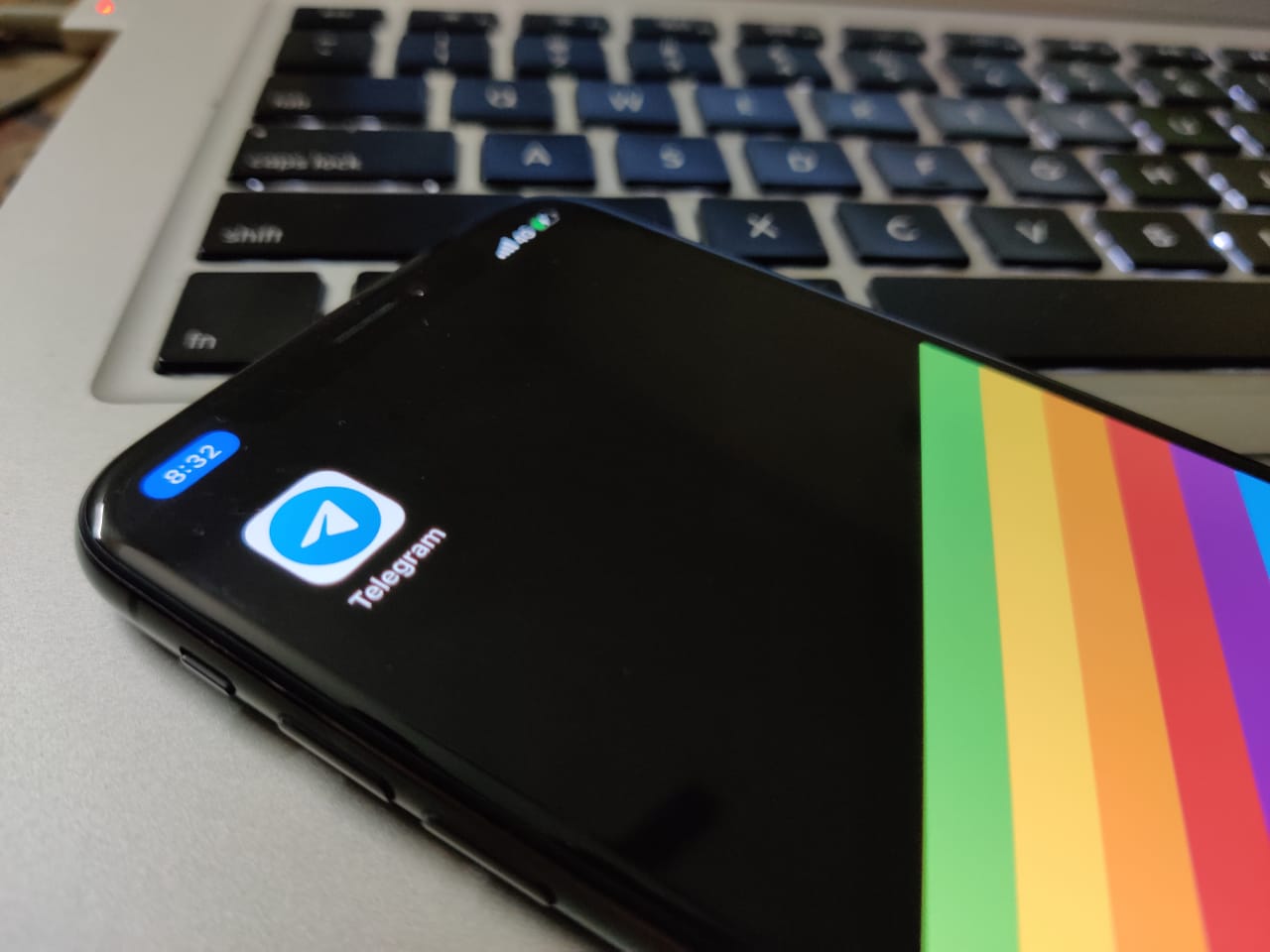By Divij Joshi (cross-posted from SpicyIP)
Telegram, a widely used instant messaging platform, is in a copyright soup before the Delhi High Court, concerning the circulation of ‘e-papers’ or digital versions of newspapers, through open Telegram Channels, a group messaging feature available on the app.
In an order dated May 29, 2020, Justice Mukta Gupta issued an ad-interim injunction directing Telegram to provide information about the subscribers or ‘owners’ of certain Telegram Channels allegedly circulating online versions of Dainik Jagran, a Hindi daily. Further, Telegram was directed to take down the impleaded Telegram Channels. The order raises interesting questions about copyright over freely available newspapers, as well as on intermediary liability concerning copyright infringement. The issue of copyright liability of the circulation of e-papers has previously been covered in this great post by Balu last month.
Case Background
Dainik Jagran brought a suit against Telegram and unnamed defendants operating certain Telegram channels, which allegedly circulate versions of the plaintiff’s newspaper through PDF. The version circulating is downloaded from the plaintiff’s web-portal, where registered users can view the e-paper free of cost. According to the plaint, the plaintiff’s have also included a technological protection measure which restricts the download of the e-paper.
While Telegram was served notices on the alleged infringement occurring through its channels, it did not respond, and consequently, the plaintiff brought a suit for copyright and trademark infringement against Telegram as an intermediary, and against the users, owners and operators of the various ‘channels’ on which the alleged infringement was taking place.
The Court found prima facie infringement of Dainik Jagran’s copyright, and subsequently granted the ad-interim injunctions prayed for, directing Telegram to furnish information about the administrators and members of the channels, and directing Telegram to take down the infringing channels.
Who is Liable for Unlawful Content – Platforms or Group Administrators?
As noted in our previous post on circulation of e-papers, it is possible (or even likely) that circulating PDFs of a restricted-access online newspapers constitutes copyright infringement. The question then, is to whom is the liability accorded?
According to the Delhi High Court’s decision in Myspace v. Super Cassettes, intermediaries (which include online messaging platforms like Telegram) can claim the status of intermediaries and can claim the ‘safe harbour’ from liability for copyright infringement, available under Section 79 of the Information Technology Act (IT Act). According to Section 79 and the rules made thereunder, the intermediary can claim such safe harbour from liability provided it does not have ‘actual knowledge’ of the illegal (here, infringing) content, and does not fail to expeditiously take down such content upon receiving such knowledge. As per Myspace, the condition of actual knowledge is satisfied when the specific location where the infringement has occurred is communicated to the intermediary.
In the present case, the plaintiff did provide email notice to Telegram of the allegedly infringing locations (i.e. the specific channels). However, Telegram did not take any action against these channels, compelling Dainik Jagran to bring the suit. While the determination of Telegram’s liability under copyright or trademark law would be a distinct matter, the failure to respond to the Plaintiff’s notice likely means that it can not claim safe harbour under Section 79.
The more unsettled question is the liability for unlawful content on closed forums or online groups. This is a question that’s being hotly debated under Indian law – with the Supreme Court adjudicating a matter concerning WhatsApp’s responsibility for unlawful content, and the Government of India pushing to include ‘traceability’ for unlawful content on messaging platforms, through amendments the Intermediary Liability Guidelines. Similarly, there are numerous examples of orders under Section 144 of the CrPC being issued to hold administrators of WhatsApp groups liable for ‘fake news’ and unlawful content distributed on the group. The question of liability of an intermediary for online content becomes significantly muddier if the intermediary itself has no knowledge or means of examining the content in question, as is the case with certain encrypted messaging services.
There is little legal precedent to indicate that administrators of online groups can automatically be held liable for content on those groups, whether for copyright infringement or otherwise. The Delhi High Court, in its 2016 order in Ashish Bhalla v. Suresh Choudhary and Ors. stated that “To make an Administrator of an online platform liable for defamation would be like making the manufacturer of the newsprint on which defamatory statements are published liable for defamation. When an online platform is created, the creator thereof cannot expect any of the members thereof to indulge in defamation and defamatory statements made by any member of the group cannot make the Administrator liable therefor. It is not as if without the Administrator’s approval of each of the statements, the statements cannot be posted by any of the members of the Group on the said platform.” While this statement may not have precedential value, it offers the correct interpretation of the law. While administrators of groups may not be able to claim ‘intermediary’ safe harbour status under Section 79 (as they are not intermediaries under the definition in the IT Act), there can not be an automatic assumption of liability for administrators or other members of a specific group.
In the case of criminal offences, there is a long history of jurisprudence around both group liability (such as conspiracy (S. S. 120B IPC) or acts done in furtherance of common intention (34 IPC)). Similarly, under copyright law, one would have to examine the facts of the case to see if the elements of secondary liability under the Copyright Act are met, namely, whether the administrators or members of the group have had knowledge of the infringement, or have contributed to the infringement by their acts of administration.
Ultimately, the role of the administrator will have to be considered, to see if they have control over the infringing content shared on the channels or groups, to see if they generally exercise editorial control (such as removing posts or filtering messaged), or if they permit unlawful activity despite knowledge of the same. Liability of this nature may, in fact, be attributed to both the platform (intermediary) as well as the administrators responsible for an online forum like Telegram channels. It would be interesting to follow the developments in this case to see how the Delhi High Court grapples with these new developments in liability for copyright infringement.
***
This article first appeared on the SpicyIP and has been cross-posted with the author’s permission.





























